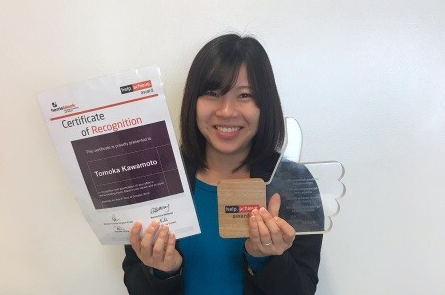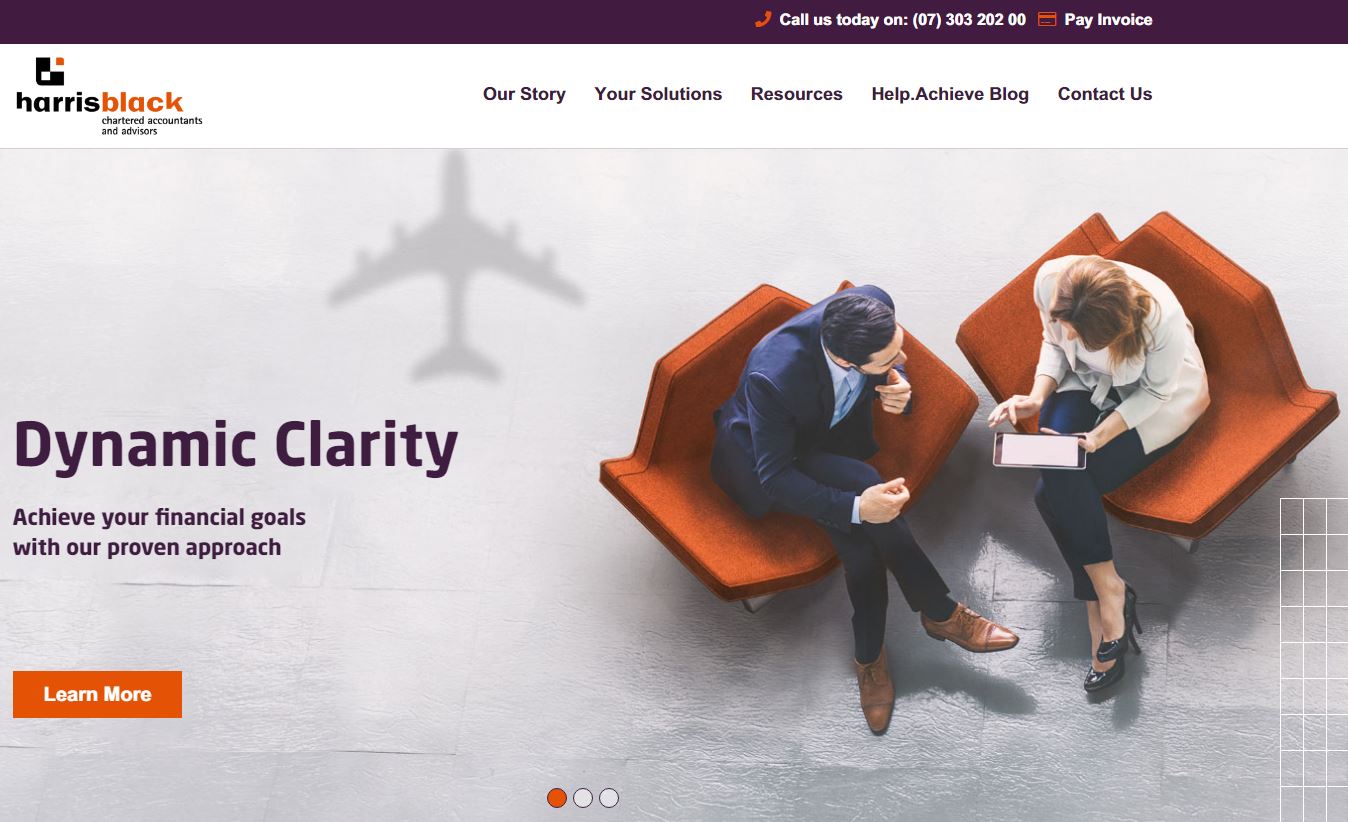As a business owner, do you sometimes take work trips? When a trip is clearly for business purposes only, the rules for deducting your expenses are fairly straightforward. But what happens when you’ve planned a holiday or to catch up with family or friends while you’re travelling?
Airfares
Assume you travel to London for a two-week trade show and stay a few extra days for sightseeing. If business is the primary purpose of the trip, you can claim the whole cost of the return airfares as a business deduction, because the sightseeing is just incidental. If you have a significantly longer holiday, so the primary purpose of the trip is not just business, you may need to apportion your airfares. And if the primary purpose is clearly private with some incidental work activities, you generally can’t deduct airfares.
Accommodation
Accommodation deductions are limited to the nights that you’re required for the business purpose. In our London example, you couldn’t deduct your accommodation costs for the nights you stayed for sightseeing. This applies even though you could deduct the full airfares.
Record-keeping
Sole traders and partners must keep a diary if they travel for six or more consecutive nights, detailing each business activity, the location, the date and time it began and how long it lasted.
If your business runs through a company or trust structure, it’s not compulsory to keep a diary, but it’s strongly recommended.
TIP: For companies, be careful about your business paying for any private part of your travel, as this could have consequences under the “deemed dividend” rules about benefits for shareholders and their associates.







